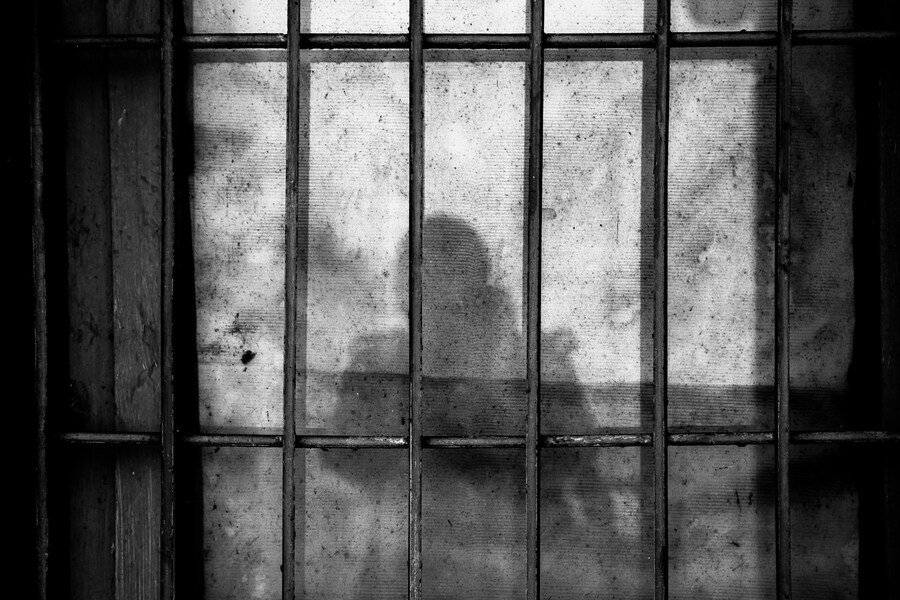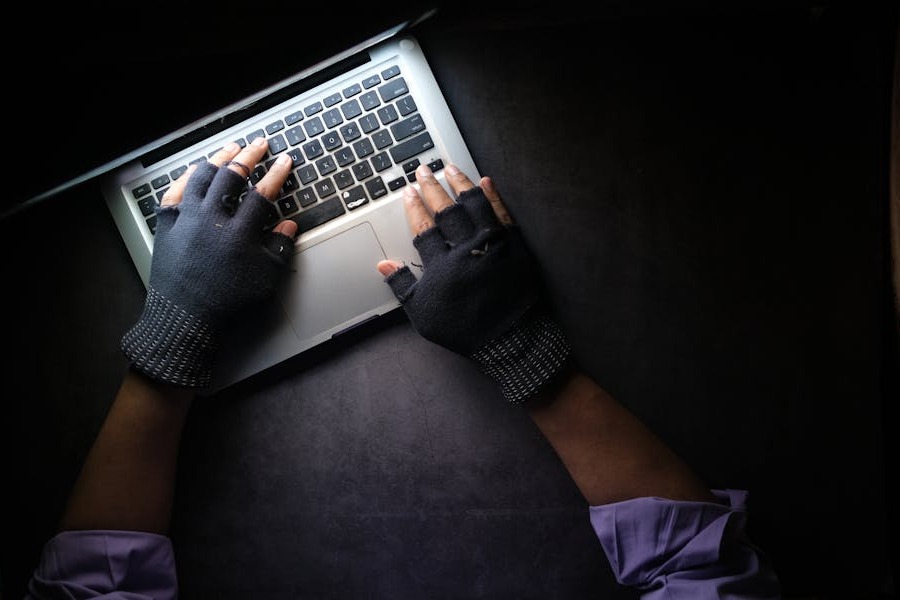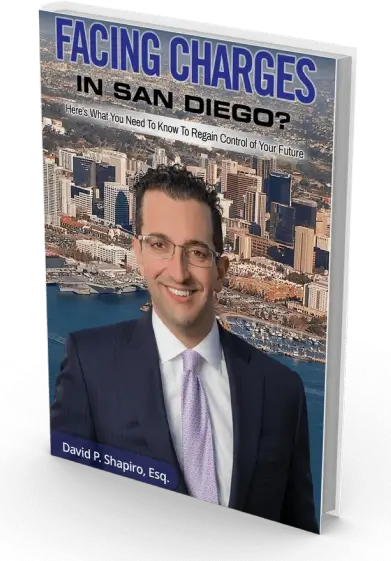Beware of Your Own Social Media
Don’t snitch on yourself. I repeat: do not snitch on yourself.
When you sit down for a case evaluation with a skilled criminal defense attorney, be prepared to get to know each other really quick. Part of the conversation will likely include a handful of questions about what social media accounts you have, how often you use them, and what is posted on them.
Why? Because far too often, clients’ social media accounts have information that could hurt their cases. It’s especially common in gang, weapons, or drug cases. Here are a few instances where you want to be particularly careful about what is available online:
- Evidence of the offense. You’d think this one would go without saying, but it happens. If you bought a bunch of drugs, it is probably not a great idea to post a photo of the drugs online. If you sold a bunch of drugs, probably not a great idea to post a photo of the money. Guns? Same issue. Especially if you’re accused of later using them against someone. Social media can also backfire when you tell law enforcement one thing, but your own online presence disproves it (though, of course, telling law enforcement anything at all can backfire).
- Gang connections. Especially in San Diego, many felony charges will also come with “gang enhancements” that expose you to extra custody time if you are suspected of having some sort of gang affiliation. If you have never admitted to being a gang member, that’s a good start. However, law enforcement regularly pulls photos and posts from social media and can use them to show you hanging out with other documented gang members. This type of evidence is common and generally admissible at trial.
- Probation/parole violations. If you’re on any kind of supervision in lieu of custody, you probably have a laundry list of conditions you need to abide by, like abstaining from drugs or alcohol, staying away from certain people or places (this could be anyone from other gang members to your own spouse for a domestic violence case), or not possessing weapons. You know what’s an easy case for your parole officer? That selfie you posted with a Glock last Tuesday. Don’t get me wrong, you still have defenses available to you, but you don’t want to get in your own way.
And this only covers the publicly available portions of your social media profiles. Don’t forget that law enforcement or the prosecution can also subpoena the entirety of your account’s records, including your personal messages and private information. You should also be mindful of what other people have posted with or about you.
The takeaway? Don’t let your own posts and social media profiles become Exhibit A against you. Be careful of what’s out there online.
If you or a loved one are facing criminal charges in San Diego, call our office at (619) 295-3555 to set up a case evaluation today.
The contents of this article and blog are for meant for informational and marketing purposes only and do not constitute legal advice. Viewing and/or use of the blog does not form an attorney-client relationship. No statements in this post are a guarantee, warranty, or prediction of a particular result in your case.









